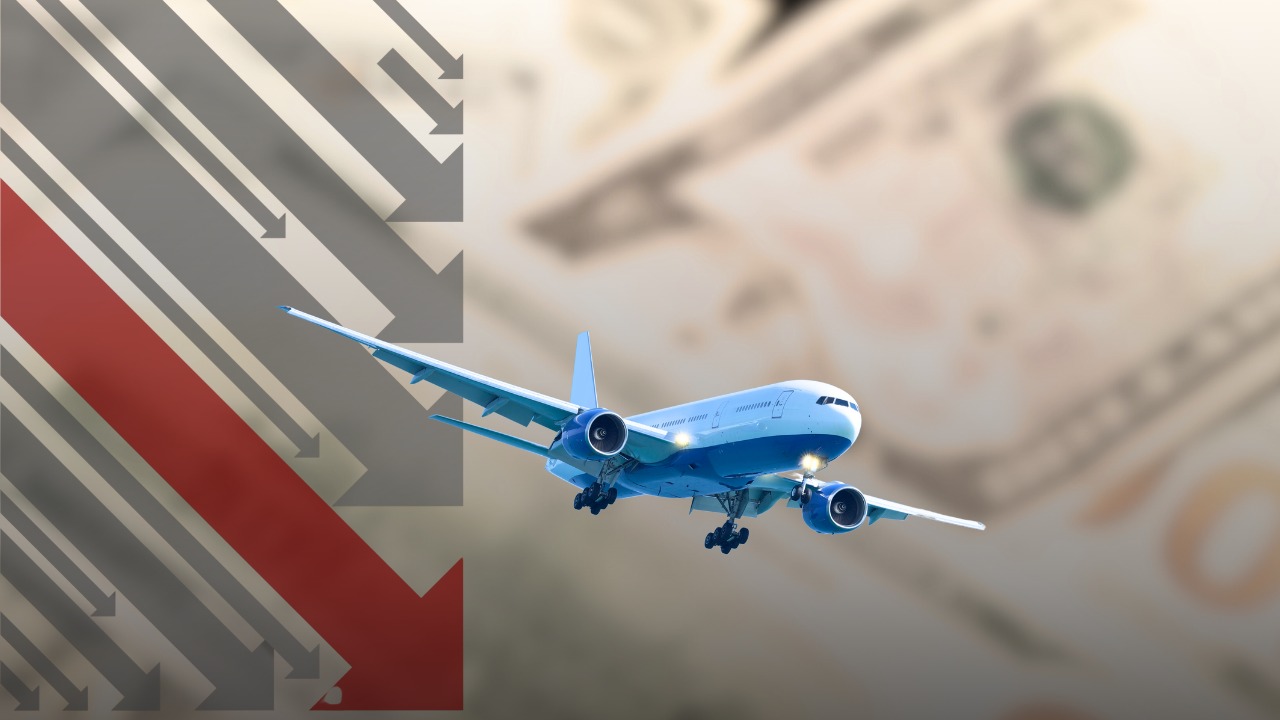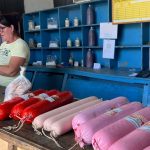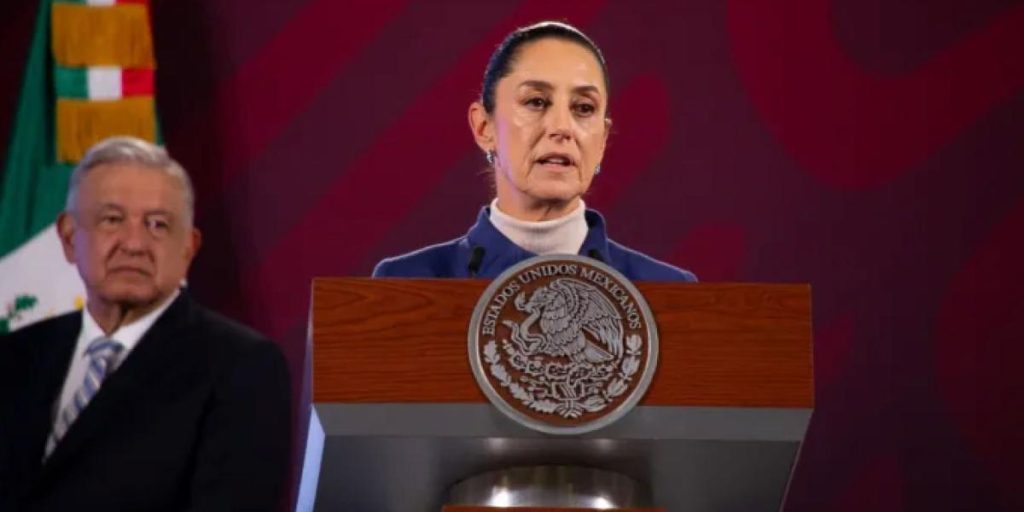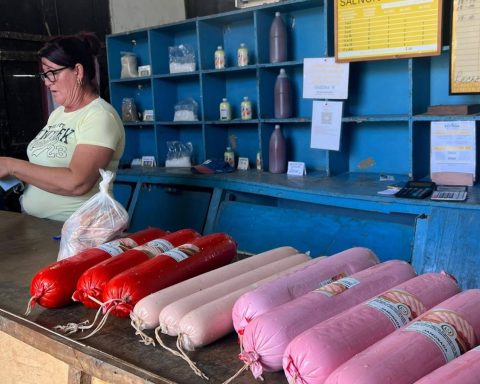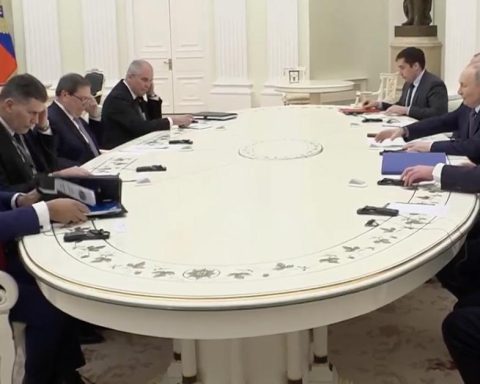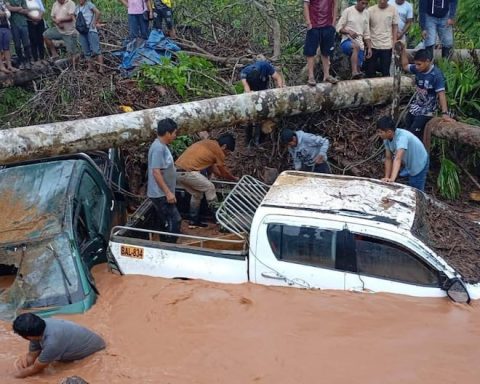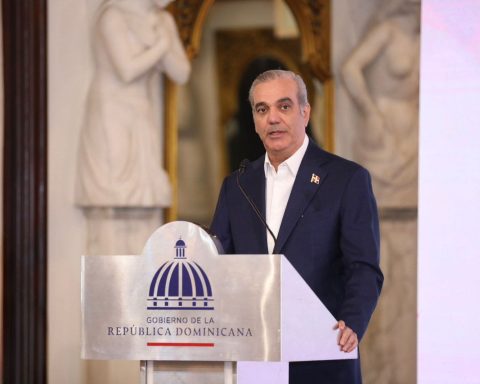In its attempt to project an image of a safe country, the regime of Daniel Ortega and Rosario Murillo maintains that Nicaragua has reduced its homicide rate to 7 per 100,000 inhabitants, supposedly placing it among the lowest in Latin America and the world.
However, the reality on the streets and the “hidden or disguised figures” tell a very different story. Through constant and unverifiable propaganda, the dictatorship seeks to convince the population and the international community that the country lives in a climate of peace and security, although without a full rule of law.
Related news: Nicaragua, under a false image of security: crimes, impunity and political violence reign
The arrests, kidnappings and forced disappearances of citizens who criticize the government, plus trials held in the shadows and without adequate legal defense, are another problem that exposes the lies of a regime that has lost all credibility both inside and outside the country.
The National Police, an institution that for many years was the best in the region until Daniel Ortega returned to power in 2007, destroyed its prestige by submitting to his political decisions. Since 2018, when it obeyed the order to shoot opponents and allowed paramilitary actions, it stopped publishing detailed figures on homicides, femicides, robberies and other crimes.
On September 24, the U.S. State Department imposed visa restrictions on “numerous” executives of travel companies from Europe, Africa and the Middle East, for being related to the migration business of people who arrive in the United States through an international migrant trafficking network in which the dictatorship of Daniel Ortega and Rosario Murillo takes part.
In a Press release from the Office of the State Department SpokespersonMatthew Miller, and disclosed on social media by the White House’s deputy assistant secretary for the Western Hemisphere, Brian Nichols, the US government indicates that it “is today imposing visa restrictions on several travel agency executives from Europe, Africa and the Middle East.”
The official announcement specifies that the measure has been taken because “these companies take advantage of vulnerable people by operating services designed primarily to facilitate irregular migration to the United States through countries in Europe and the Western Hemisphere.”
This is the second set of visa restrictions applied to foreign companies related to migrant trafficking to Nicaragua. On September 11, the United States applied sanctions to senior executives of a European charter flight company for renting its planes to transport irregular migrants to Nicaragua so that they could then continue their journey to U.S. territory.
The artist Haydée Palacios Vivas, a dancer and teacher of Nicaraguan folklore for more than half a century, according to information shared by the Academy that bears her name, passed away yesterday, September 23.
Palacios Vivas, originally from Masaya, passed away at the age of 78. She dedicated more than 50 years to teaching Nicaraguan folklore, creating choreographies and dancing.
In each interview she gave to national media, she emphasized that she was born “dancing,” recalling that her first public performance was when she was four years old, performing the traditional dance “María Estela,” accompanied by the marimba of the Palacios Brothers.
In 2016, he celebrated 50 years of teaching art and 46 years leading the ballet that he directed and founded under his own name.
The United States Embassy in Nicaragua, through its social media, reported that as of September 23, it will use a new system in which users of the services offered by that diplomatic headquarters will be able to process fee payments, schedule visa appointments and request the document delivery service.
US authorities clarified that “the visa application fee will not increase as a result of this change” and visa appointments scheduled before September 23 “remain valid.”
“Through the new service, visa applicants will be able to obtain visa information, pay the required nonimmigrant visa fees, schedule a visa interview appointment, and receive document delivery services,” the embassy said in its post.
